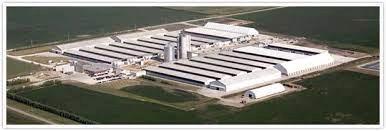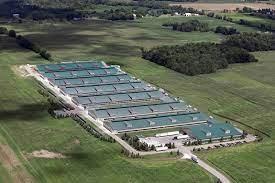 For decades, opponents of intensive livestock production and those promoting a vegan agenda relied on welfare issues and sentiment to promote their cause. It is now apparent that welfare and environmental groups are collaborating in an attempt to demonize intensive livestock and poultry production by emphasizing environmental concerns.
For decades, opponents of intensive livestock production and those promoting a vegan agenda relied on welfare issues and sentiment to promote their cause. It is now apparent that welfare and environmental groups are collaborating in an attempt to demonize intensive livestock and poultry production by emphasizing environmental concerns.
According to press reports, Humane Society International, of which the Humane Society of the United States is a member, will participate in the United Nations Framework on Climate Change Conference. Humane Society International will actively lobby for major changes in global food production. Activities by groups opposed to meat and poultry production include presentation and dissemination of distorted and misleading information. For example, it is claimed that greenhouse gas emission attributed to food production could be halved by converting to plant-based foods. In addition, recent unsubstantiated statements suggest that land use would be reduced by 75 percent and freshwater uptake by 20 percent. Another contentious statistic is that meat, dairy and aquaculture production use 83 percent of the world’s farmland but provide 18 percent of calories and 37 percent of protein.

In addition to placing pressure on governmental agencies and buttressing the political influence of Green Parties in the E.U., there is considerable pressure on commercial entities in the food chain to promote plant-based diets. Sodexo a multinational is an especially compliant company, supplying universities, schools and institutions with catering services. Imposition of “meatless days” and manipulation of menus by the Company is advancing a vegan agenda in a susceptible market.
The egg industries in the U.S. and in the E.U. have experienced the pressures placed on the food retail and restaurant sectors of the U. S. food industry. Welfare groups have demanded commitments to transition to sourcing cage-free eggs by 2025. Although a number of companies using or marketing eggs have either reneged on their promise or extended the projected time for compliance, the collective effect of concerted pressure has moved the needle to 33 percent of U.S. hens as it will do with gestation crates for sows.

In order to counteract the pseudo-scientific environmental attacks on intensive livestock production, it will be necessary to marshal facts and statistics and establish reputable sources of information. This will be required to refute false claims and to convince consumers that they need not alter their diets by excluding meat products.